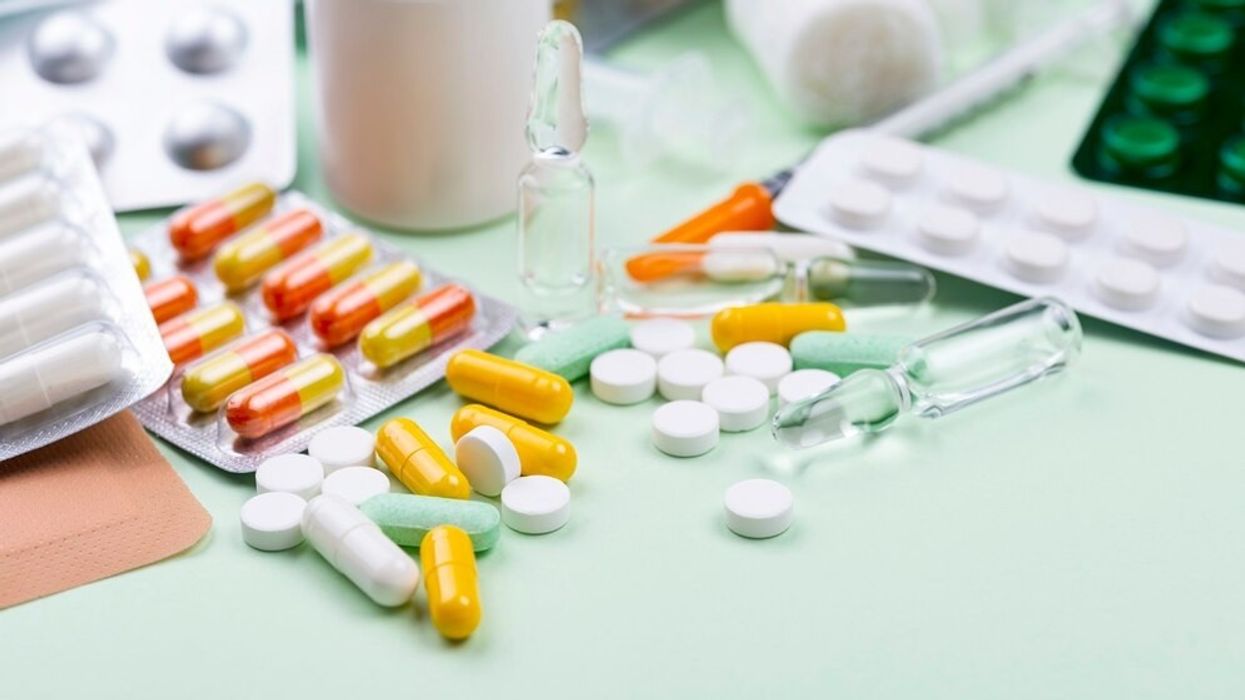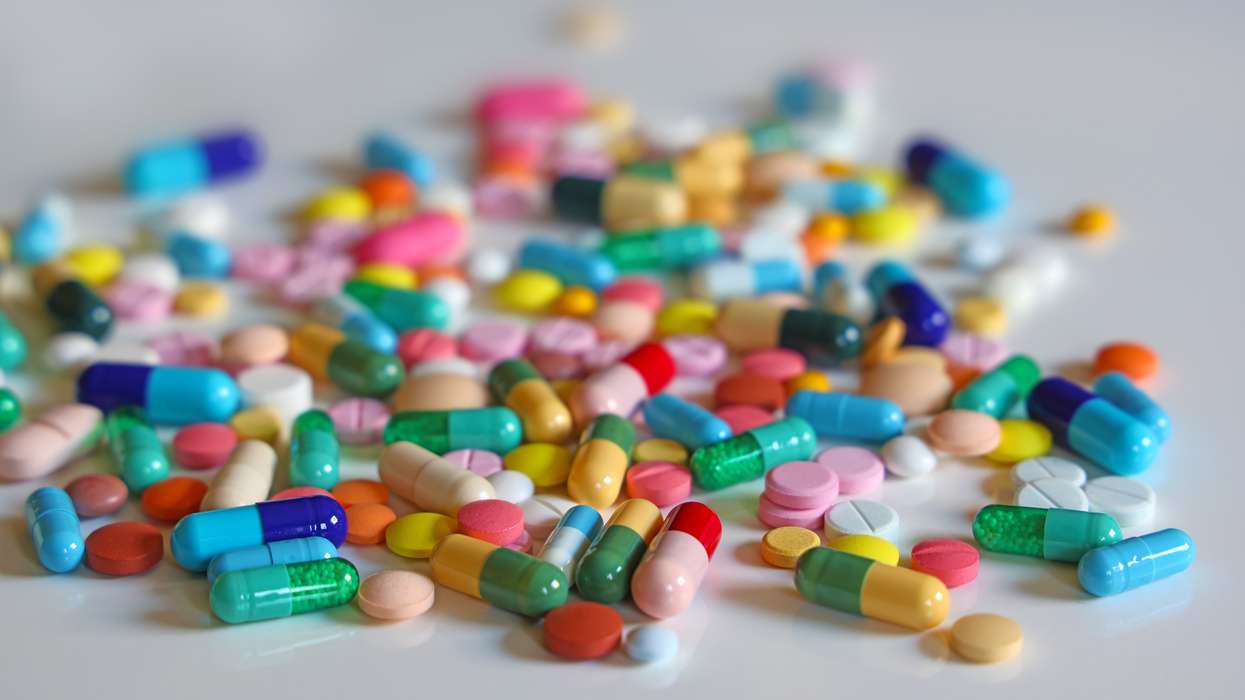Brexit and voluntary scheme are among the reasons blamed for the shortages
Drug shortages have become a global issue, with many countries struggling to maintain a consistent supply of common medications, including antidepressants, immunosuppressants and drugs to treat type 2 diabetes and ADHD.
Earlier last month, the British Generic Manufacturers Association (BGMA), the trade body for off-patent medicines, warned that 111 products were facing supply problems, the highest on record in the UK, and more than double the number recorded at the start of 2022.
More than half of products affected (55) are branded generic drugs, which represent 10 per cent of prescription products used in the UK.
The trade body blamed the escalating rebate rate of the government’s voluntary scheme for branded medicine pricing and access (VPAS) for these shortages, but Brexit is also cited as another reason for the problem.
“Every country has been hit by supply chain disruptions, due to covid and geopolitics, but, as with most other walks of life, Brexit adds to the problems,” Martin McKee, professor of European public health at the London School of Hygiene and Tropical Medicine, told The BMJ in November.
Globally, manufacturing issues are believed to be the leading cause for drug shortages, as a 2022 study revealed that shortages of medicines in Organisation for Economic Co-operation and Development (OECD) countries are “predominantly due to manufacturing and quality issues.”
An increase in patient demand has been cited as the primary cause of global scarcity of hormone replacement therapy (HRT), ADHD medicines, Ozempic and Wegovy this year.
Ozempic, a drug licensed to treat type 2 diabetes, has been in high demand after celebrities and social media influencers promoted its off-label use for cosmetic weight loss.
Higher demand for some medicines were fuelled by spikes in seasonal infections, such as strep A outbreak which caused shortages in antibiotic prescriptions.
The Pharmacists’ Defence Association (PDA) have been highlighting that the national supply shortage of ADHD drugs is not only impacting patients, but putting pharmacists at risk when dealing with the backlash.
Recently, members of the PDA Ability Network seconded an emergency motion to address this issue at the Scottish Trades Union Congress (STUC) Disabled Workers’ Conference.













